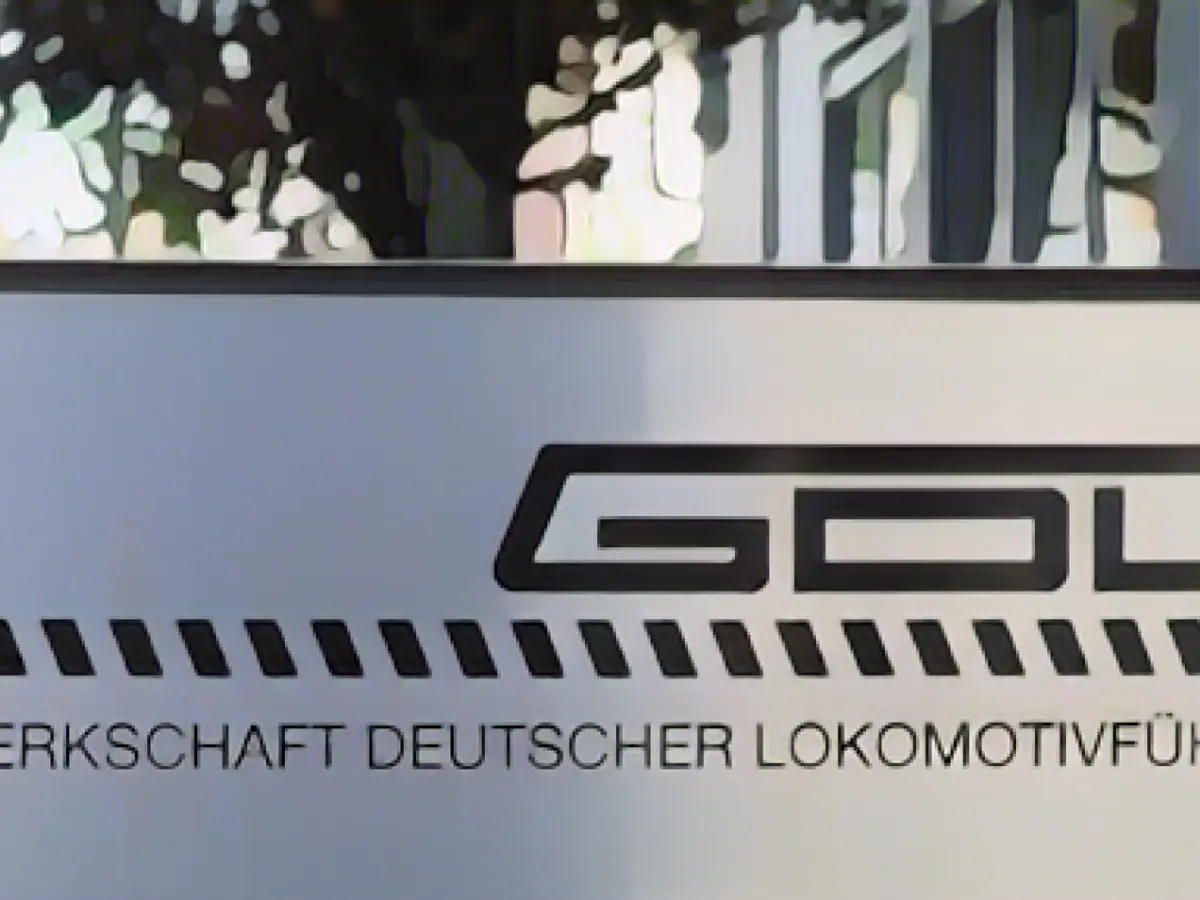Wage dispute with Deutsche Bahn: GDL members vote for longer strikes
The most recent warning strikes in the conflict were "only a very small ray of hope", the next industrial action will be "stronger, longer and tougher", said GDL boss Claus Weselsky. He did not speak directly about indefinite strikes, but they are now possible.
The GDL's core demand is a reduction in weekly working hours for shift workers from the current 38 to 35 hours with full pay compensation. The talks recently broke down over this. Longer strikes are now possible from January 8 next year at the earliest.
Read also:
- This will change in December
- Attacks on ships in the Red Sea: shipping companies avoid important trade route
- Houthi rebels want to launch further attacks despite international coalition
- USA forms military coalition against Houthi attacks on ships in the Red Sea
- The German Railroad (Bahn) is facing escalating conflicts with the GDL, as GDL members recently voted for longer strikes to press their demand for reduced weekly working hours with full pay compensation.
- The current conflict over weekly working hours has led to multiple warning strikes by GDL members, with the next industrial action expected to be stronger and longer than previous ones.
- Despite not directly mentioning indefinite strikes, GDL boss Claus Weselsky hinted at the possibility of longer strikes starting from January 8 next year.
- Frankfurter Allgemeine Zeitung reported that the GDL members' strike vote was in favor of a stronger stance against Deutsche Bahn, following the breakdown of negotiations over the shift workers' demand for a reduction in working hours from 38 to 35.
- With the GDL members voting for longer strikes, the German railroad sector is bracing itself for extended periods of disruption and potential travel chaos.
- The ongoing wage dispute between the GDL and Deutsche Bahn has caused concern among travelers and businesses alike, as the potential for longer strikes increases the likelihood of cancellations and delays on German railroads.
- The conflict between the GDL and Deutsche Bahn highlights the growing tension between labor unions and companies in Germany, as workers push back against increasingly demanding work schedules and seek better compensation for their efforts.
Source: www.stern.de







